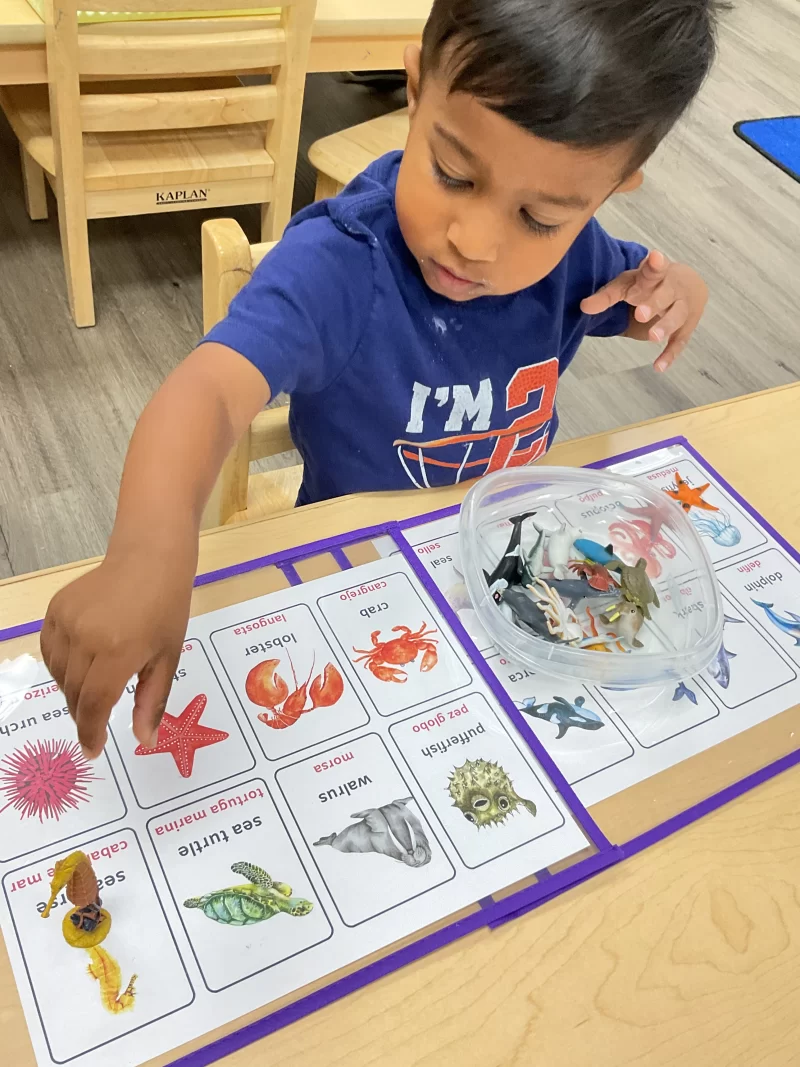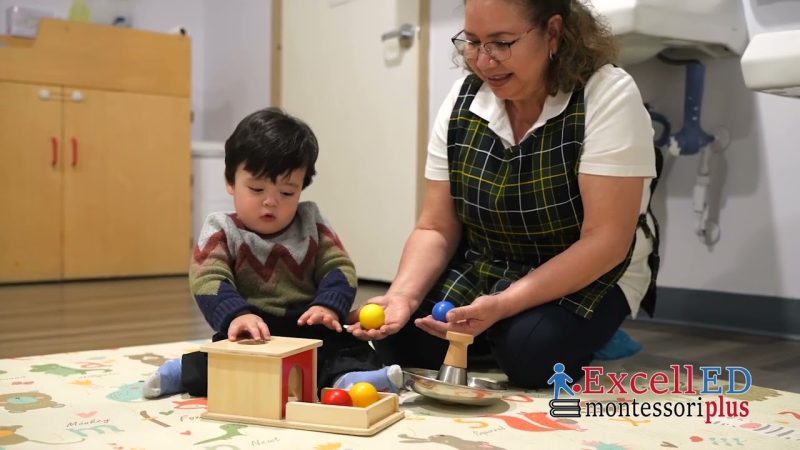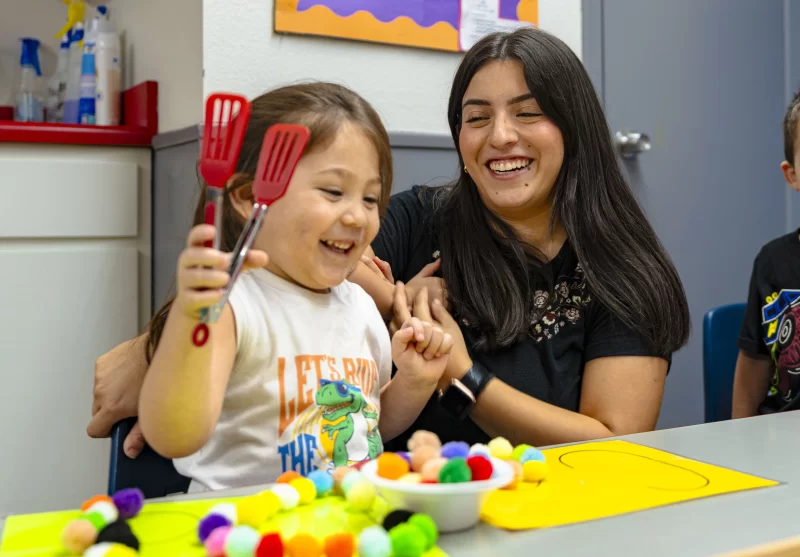
Not all classrooms have four walls
No doubt, spending time in nature positively affects a child’s well-being. Studies show that natural environments significantly reduce stress and promote healing. Children who spend time outdoors are happier, less anxious, and more easily able to concentrate.
Montessori understood the benefits of time in nature and, for this reason, encouraged as much outdoor play as possible. She designed the classroom, so the child has unrestricted access to the outdoors.
“There must be provision for the child to have contact with nature; to understand and appreciate the order, the harmony and the beauty in nature.” – Montessori.
Sadly, in today’s world, it is becoming more and more common to find children spending their spare time on devices rather than outside. Thankfully Montessori schools are aware of the importance of time outdoors and encourage children to learn as much as possible from nature play. Unfortunately, schools face the challenge of being the antidote for too much screen time at home, and there needs to be a coming-together approach between school and home.

‘Regular time outdoors helps children thrive. But over the past few generations, childhood has moved indoors. On average, today’s kids spend up to 44 hours per week in front of a screen, and less than 10 minutes a day playing outdoors.‘ – Children and Nature Network.
Research shows that time outdoors significantly benefits a child’s well-being and enhances their learning; time outdoors is essential. In what ways does it positively impact a child?
10 Ways Learning Outdoors Benefits a Child’s Well-being
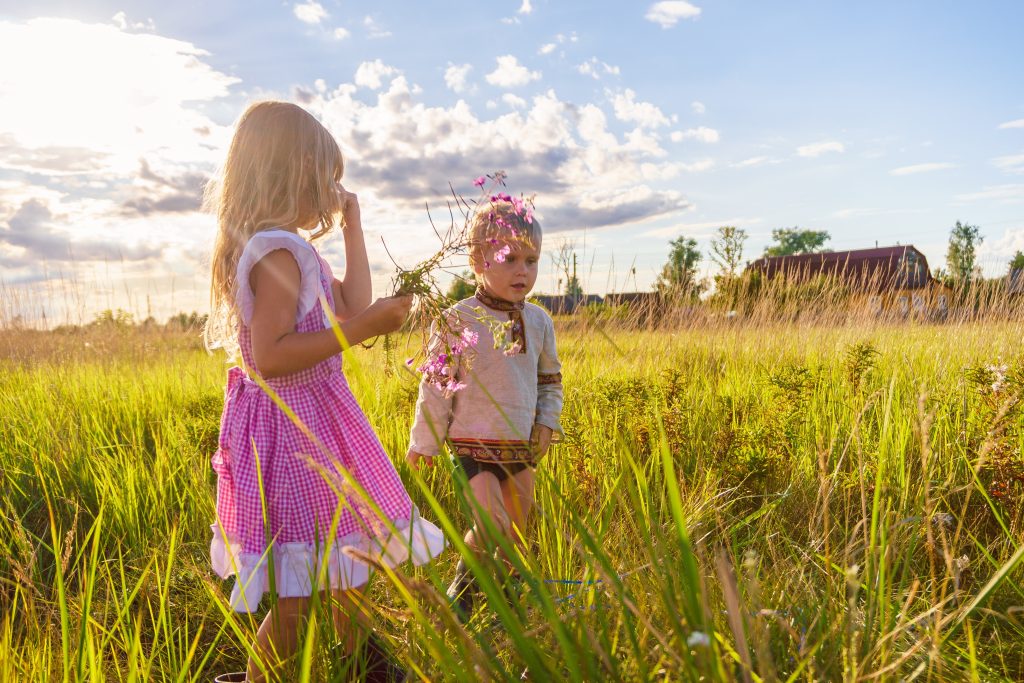
- Freedom: The outdoors provides a great sense of freedom as a child can freely explore with the entirety of his five senses. Learning is open-ended, with infinite possibilities for a child to become curious about the workings and brilliance of nature.
- Confidence: The freedom that nature provides gives a child the opportunity to learn in his way and to guide his development. This freedom helps him to develop confidence as he explores his limits in his own time.
- Gross and fine motor skills: The outdoors provides ample opportunity for children to develop their physical skills, such as climbing trees, balancing on rocks, and picking up small leaves and flowers.
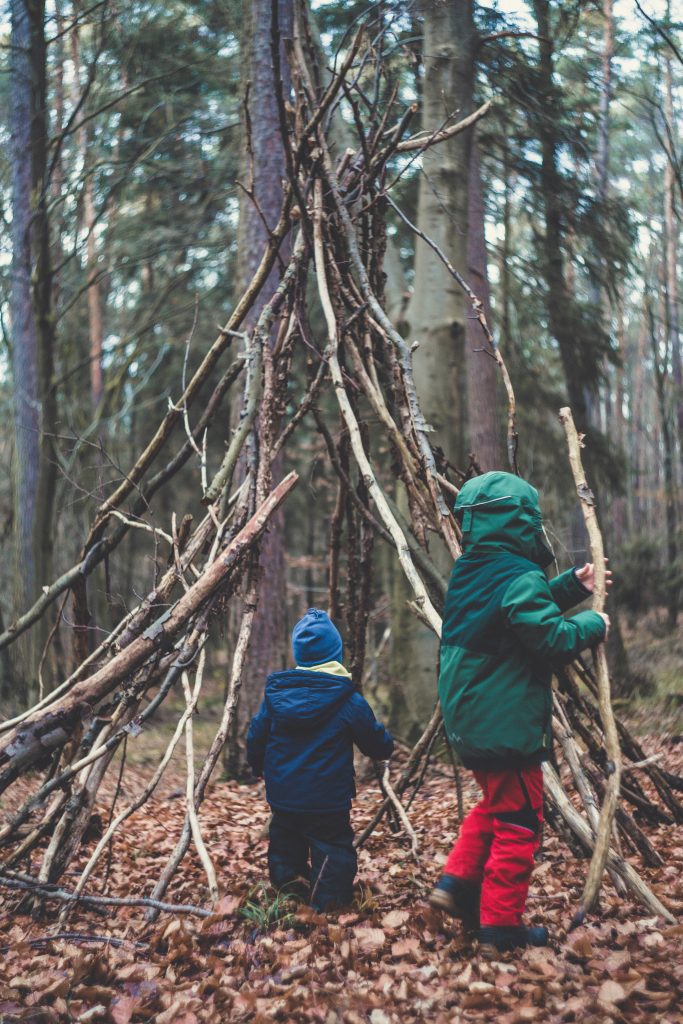
- Creativity: Children face infinite possibilities for open-ended creative play outside in nature. For example, making a mud cake can become an entire morning’s play, where a child can decorate the cake with leaves and flowers in myriad ways.
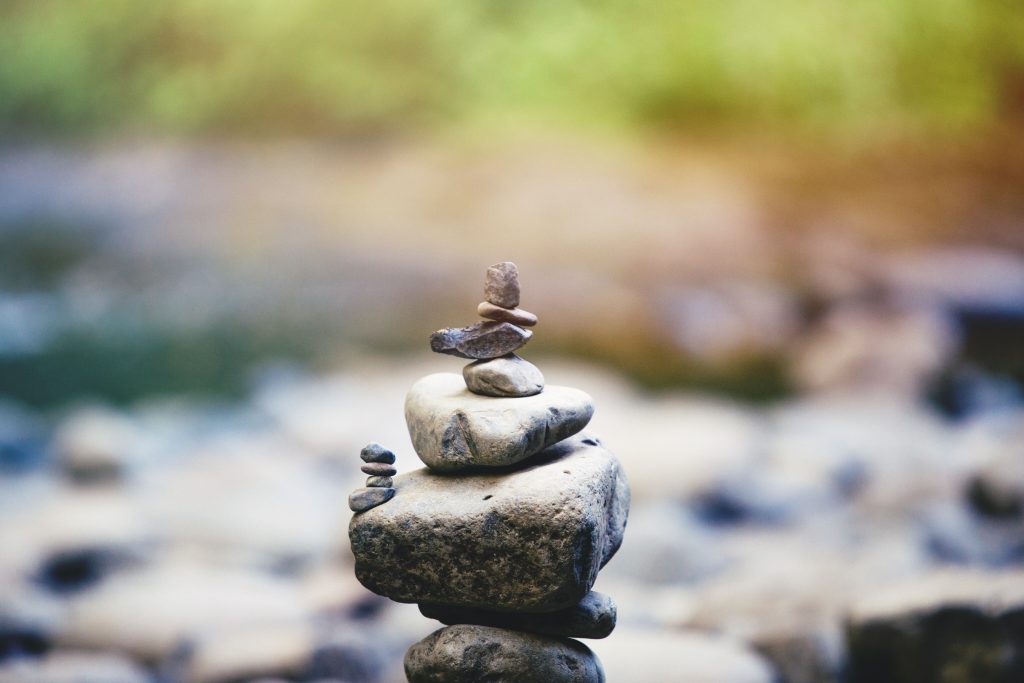
- Problem-solving: Playtime outside allows a child to problem solve in an organic environment where nothing is perfect or structured. Sticks are different shapes and sizes, and whilst building a fire, for example, a child has to use his brain to figure out how to balance these sticks together to create the desired outcome.
- Imagination: Outdoor play develops a child’s ability to imagine and create as nature provides the backdrop upon which the child needs to imagine the game. According to Albert Einstein, “imagination is more important than knowledge. Knowledge is limited. Imagination encircles the world.”
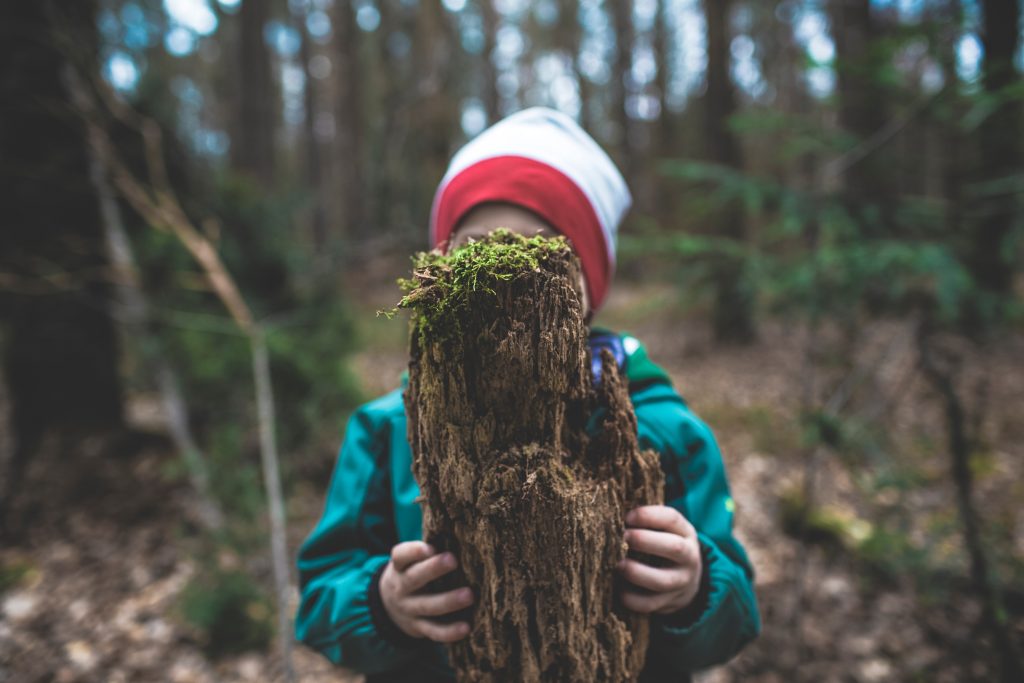
- Heals trauma: Outdoor play is very grounding for a child experiencing trauma. It helps to reduce powerful emotions such as anxiety or anger outbursts and, as a result, grounds and calms a child to learn more effectively.
- Responsibility: Nature teaches responsibility for the earth and all living beings. Taking care of living creatures and plants is a beautiful way for children to learn the interconnectedness between all things and the importance of looking after our world.
- Regulation: Spending time in nature is a wonderful way to balance moods. Nature balances the nervous system and stimulates feel-good hormones in the body. A child that feels calm and well-balanced learns much more effectively.
- Resilience: Studies show that children who play regularly in nature have greater resilience to cope with life’s challenges. Going for a hike, for example, offers the child the opportunity to push through physical challenges and discomforts to reach the top of a beautiful mountain.
How does Montessori incorporate the outdoors into the curriculum?
Typically, doors will be open in a Montessori environment and lead to an outdoor learning environment. The setting may be unstructured, offering free play and nature discovery or offering more structured activities for children to enjoy. No matter the set-up, the concept behind access to nature is the same, to promote a sense of well-being for the child and an appreciation for the beauty, order, and harmony in nature.
A child struggling to concentrate may need to spend much time outdoors before being offered structured activities. The Montessori guide may encourage the child to explore the outdoor environment to help him calm down, ground, burn off excess energy, and focus before reintroducing him to activities that require concentration.
Water activities, such as washing and scrubbing tables, are often set up outside. These gross motor activities provide the perfect antidote for children struggling with excess anger and frustration, and performing these activities under a beautiful tree is remarkably calming for a child.
There may be a vegetable garden with ample opportunity for a child to partake in all areas of composting, planting, watering, and nurturing the vegetables to grow. Depending on the school and set-up, a child may collect vegetables to prepare for a snack or lunch. Ideally, Montessori wished that children were actively involved in the entire running of their environment, from cleaning, sweeping, watering plants, making lunch, etc., as this gives a child a great sense of responsibility and teamwork. Other more structured activities may be on offer, such as flower pressing, magnifying glass nature exploration, building bird feeders, making stick river rafts, leaf weaving, bark rubbings, creating leaf crowns, balancing stones for meditation, and an outdoor zen garden. Activities such as these are set up in a Montessori way so the child can explore and discover freely and independently.
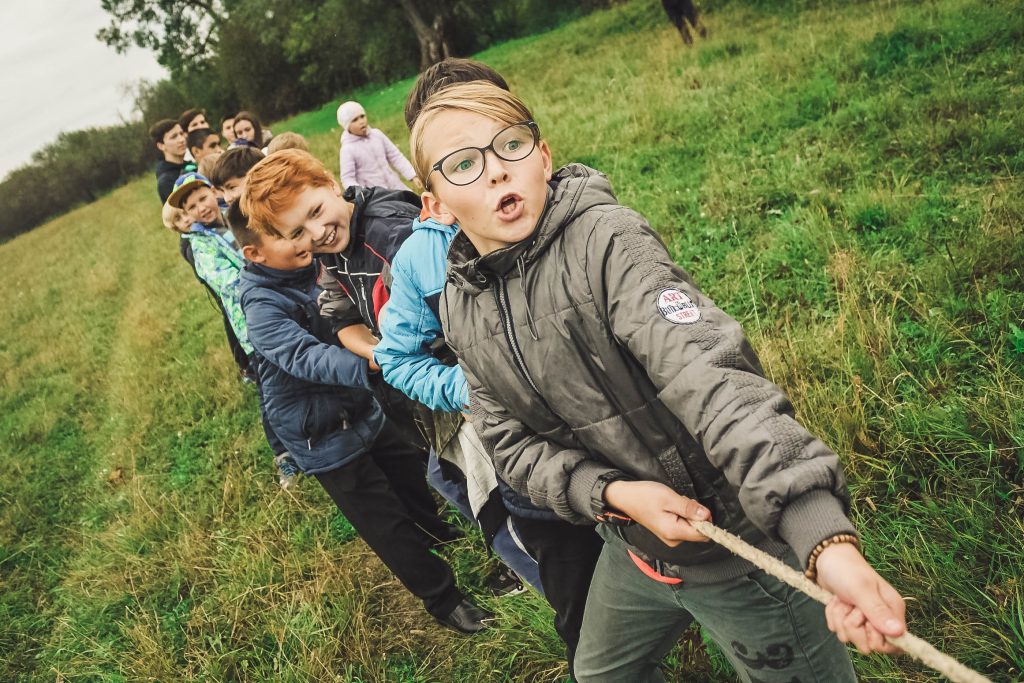
In conclusion, in Montessori’s words, “when children come into contact with nature, they reveal their strength.”
Subscribe to Newsletter
Programs offered at ExcellED Montessori Plus include:
✔️Infants (10 Weeks – 18 Months)
✔️Toddlers (18 – 36 Months)
✔️Primary (3-6 Years)
✔️Kindergarten
✔️Mother’s Day Out
✔️Spanish Immersion / Dual Language
✔️After School Programs and Summer Camp (6 – 12 Years)
Music, Spanish, and Yoga are other programs included as part of the tuition.
Learn more about Inquiry-based Learning


